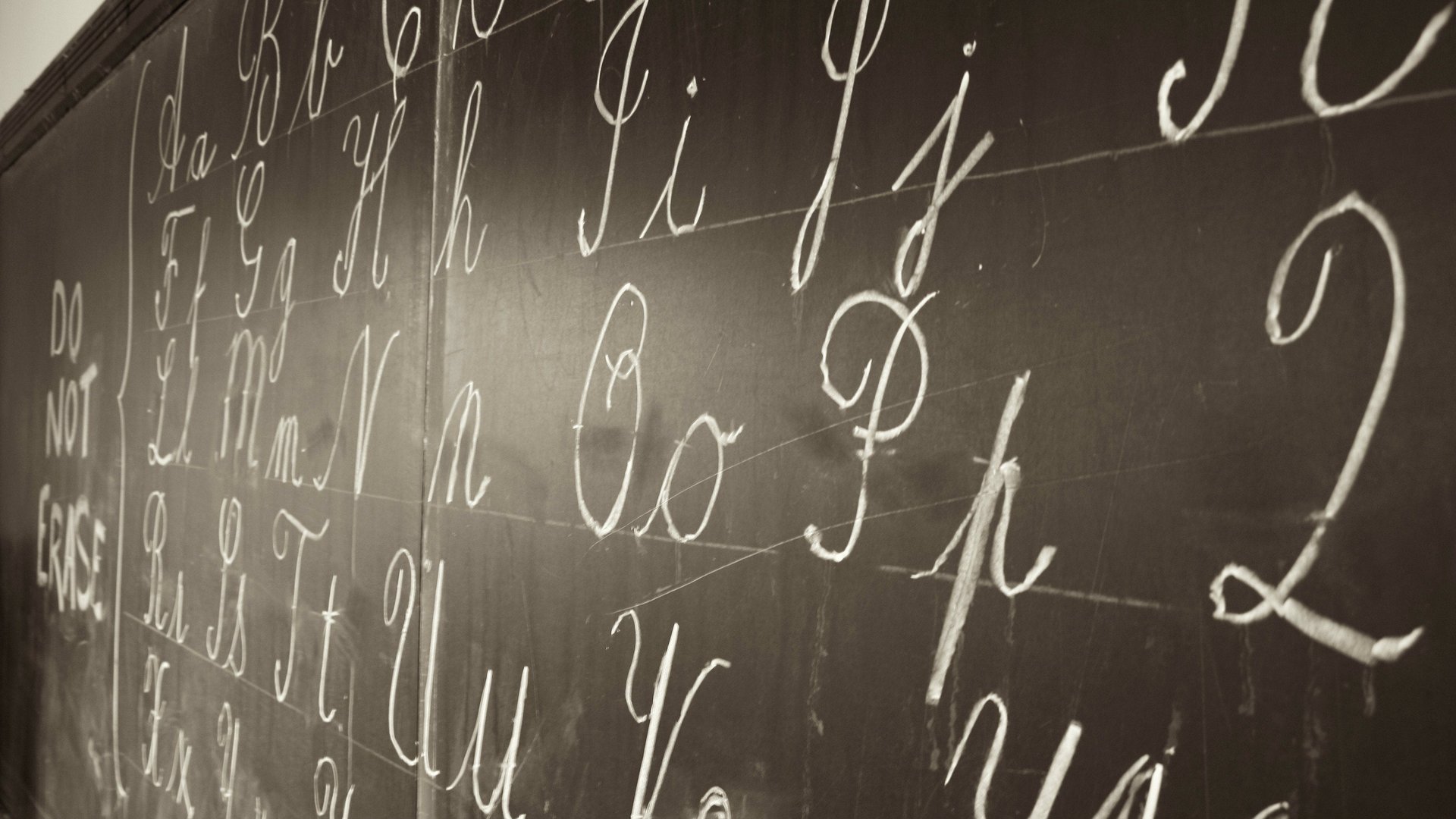Europeans aren’t actually that into mulitlingualism
It is now well known that growing up with two or more languages brings a wealth of cognitive advantages. Multilingualism is not only a laudable achievement in a tolerant society, it is also of great social benefit to individuals. It has been repeatedly demonstrated that bilinguals are better at focusing their attention, they are less easily distracted, they have increased mental flexibility, and show slower rates of mental decline in old age.


It is now well known that growing up with two or more languages brings a wealth of cognitive advantages. Multilingualism is not only a laudable achievement in a tolerant society, it is also of great social benefit to individuals. It has been repeatedly demonstrated that bilinguals are better at focusing their attention, they are less easily distracted, they have increased mental flexibility, and show slower rates of mental decline in old age.
It is therefore surprising to see that some European governments and their mainstream media—for example in France and Italy—are hostile to the idea of encouraging multilingualism, and sometimes even to the idea that Europeans should be allowed to be publicly bilingual.
Corsican and the chestnuts of doom
At the end of 2015, the newly elected president of the Corsican Assembly, Jean-Guy Talamoni, addressed the assembly in Corsican, the language that for generations has been the mother tongue of most Corsicans and that currently has around 130,000 speakers on the island.
Talamoni’s actions were portrayed as an affront by most of the French media, with some even suggesting that speaking Corsican would somehow hold back the island’s development, setting it back to being “a confetti cluttered with goats and chestnuts.”
In line with this monolingual and monocultural attitude, the French prime minister Manuel Valls absolutely refused to recognize any right to the official use of Corsican, stating that “There is only one language in the Republic, and that is French.“ He added: “Corsica is in the Republic, Corsica is in France. Everyone must remember th[is].”
While the regional government publicly declared Corsican co-official in May 2013, this declaration remains purely symbolic as the French constitution only recognizes French as official.
This negative attitude toward regional languages is based on a 19th century ideology where the idea of “language” is inextricably linked to the notion of “one people, one nation, one God”—to the extent that any hint at regional bilingualism is perceived as an attack on nationhood.
Fortunately, this idea that a nation must necessarily be comprised of “one people” is being increasingly abandoned by most modern European societies, as is the thought that people belonging to the same nation must believe in one and the same god—or even believe in any god at all.
When it comes to language, however, these beliefs from the 1800s are still strong and remain far from superseded. Indeed, the French author Philippe Blanchet has publicly denounced how linguistic discrimination is the last accepted and widely practiced form of overt, institutionalized discrimination.
Sadly, this type of prejudice is more widespread than one might think, despite being diametrically opposed to the EU’s aspiration to be “United in diversity,“ as well as to the European Commission’s own view that respecting linguistic diversity within, as well as across countries, is “one of the cornerstones of the European project.”
Lombard and the fearful tourist syndrome
A couple of months after Corsicans’ right to use their heritage language was stalled by the prime minister, Italian media and central government officials openly derided the introduction of a bill by the regional government of Lombardy for the “maintenance and development of the Lombard language.” Reactions to the proposed law ranged from calling it “derisible” and “nonsensical” to suggesting that bilingualism would “scare away” tourists.
This last objection is particularly misguided, given that bilingualism has been found to increase the touristic appeal of a region—as seen for example in Catalonia and in Francophone Canada.
Just like their French counterparts, advocates of Italian monolingualism subscribe to an ideology that equates “language” with “national” or “literary” language. Lombard, like many of Italy’s other endangered languages is considered an unworthy “dialect.” This is regardless of the fact that its literature dates back to the 13th century, that it is largely unintelligible with Italian, and that it is genealogically closer to French and Catalan than to Italian—a fact that is often ignored or even brazenly denied.
These strikingly negative attitudes towards bilingualism highlight how some modern European countries have yet to come to terms with their own internal linguistic diversity. The result is that bilingualism is praised when it involves foreign languages such as German or Spanish, but considered undesirable or even retrograde when it involves regional languages that have been spoken on European territory for centuries.
In principle, this hostile attitude against bilingualism demonstrates that some European countries still equate nationality or even citizenship with homogeneity. In practice, it prevents children from accessing linguistic diversity from an early age.
The Lombard language, like Corsican and many other regional languages of Europe, is now spoken almost exclusively by older generations, with the result that children of bilingual parents grow up to be monolingual and monocultural. By deriding efforts to maintain internal linguistic diversity, some European countries are destroying centuries of knowledge, and are denying children access to the benefits of early bilingualism.
These benefits include an increased ability to be accepting of cultural and linguistic differences.